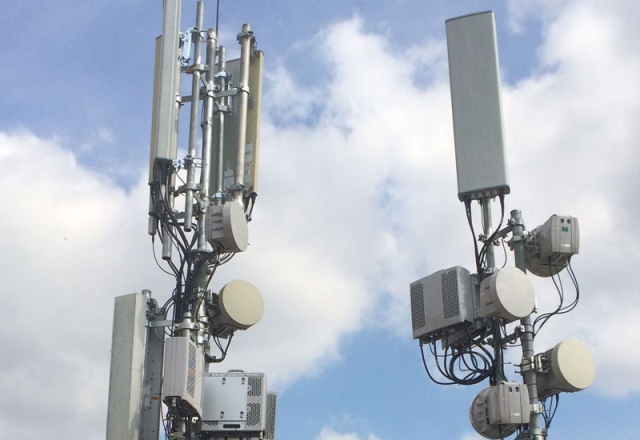Thirty-one technology companies started Open RAN Policy Coalition to promote policies that will advance the adoption of open and interoperable solutions in the Radio Access Network (RAN).
 Open RAN Policy Coalition founding members include Airspan, Altiostar, AWS, AT&T, Cisco, CommScope, Dell, DISH Network, Facebook, Fujitsu, Google, IBM, Intel, Juniper Networks, Mavenir, Microsoft, NEC, NewEdge Signal Solutions, NTT, Oracle, Parallel Wireless, Qualcomm, Rakuten, Samsung Electronics, Telefonica, US Ignite, Verizon, VMWare, Vodafone, World Wide Technology, and XCOM-Labs.
Open RAN Policy Coalition founding members include Airspan, Altiostar, AWS, AT&T, Cisco, CommScope, Dell, DISH Network, Facebook, Fujitsu, Google, IBM, Intel, Juniper Networks, Mavenir, Microsoft, NEC, NewEdge Signal Solutions, NTT, Oracle, Parallel Wireless, Qualcomm, Rakuten, Samsung Electronics, Telefonica, US Ignite, Verizon, VMWare, Vodafone, World Wide Technology, and XCOM-Labs.
Huawei, Ericsson, Nokia, and ZTE are not part of this list. Huawei, Ericsson, Nokia, and ZTE are the leading telecom network makers.
ABI Research expects Open RAN to mature and become a viable alternative for 5G network deployments. Incumbent vendors, who have been resisting Open RAN, will be under pressure to adopt this approach or face disruption of their business.
Open RAN can disrupt the current verticalized infrastructure supply chain, and support large scale deployments of modularized infrastructure. This coalition will be a major milestone in the development of an open and modularized infrastructure ecosystem, Dimitris Mavrakis, research director at tech market advisory firm, ABI Research, said.
Today, the industry is working towards standards and technical specifications that define open interfaces between the radios, hardware and software so that networks can be deployed using more than one vendor.
Earlier, telecom engineers deployed mobile networks using integrated cell sites including radios, hardware and software supplied by a single manufacturer as a closed proprietary solution, effectively ensuring dominance on their customers.
Multi-vendor deployments enable a competitive marketplace and give network operators more ability to manage their networks and flexibility to draw on the innovations of multiple suppliers to upgrade their infrastructure with the latest technology.
Using multiple interoperable suppliers allows operators to potentially move more quickly to replace or address vulnerable network equipment when reacting to threats, and shift network capacity on demand.
“By promoting policies that standardize and develop open interfaces, we can ensure interoperability and security across different players and potentially lower the barrier to entry for new innovators,” Diane Rinaldo, executive director, Open RAN Policy Coalition, said in a statement.





